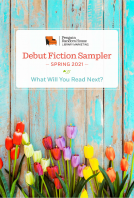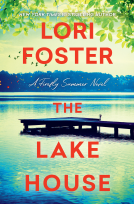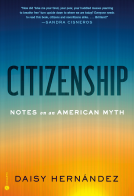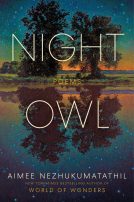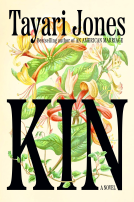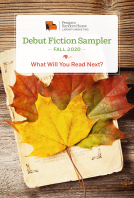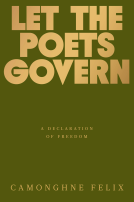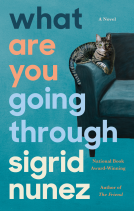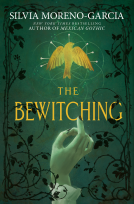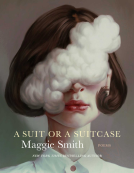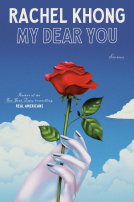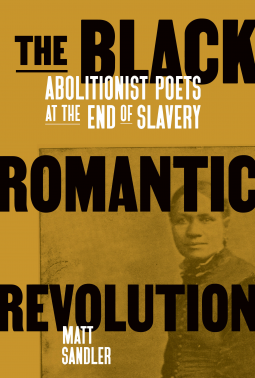
The Black Romantic Revolution
Abolitionist Poets at the End of Slavery
by Matt Sandler
This title was previously available on NetGalley and is now archived.
Send NetGalley books directly to your Kindle or Kindle app
1
To read on a Kindle or Kindle app, please add kindle@netgalley.com as an approved email address to receive files in your Amazon account. Click here for step-by-step instructions.
2
Also find your Kindle email address within your Amazon account, and enter it here.
Pub Date Sep 08 2020 | Archive Date Sep 08 2020
Verso Books (US) | Verso
Talking about this book? Use #TheBlackRomanticRevolution #NetGalley. More hashtag tips!
Description
During the pitched battle over slavery in the United States, Black writers—enslaved and free—allied themselves with the cause of abolition and used their art to advocate for emancipation and to envision the end of slavery as a world-historical moment of possibility.
These Black writers borrowed from the European tradition of Romanticism—lyric poetry, prophetic visions--to write, speak, and sing their hopes for what freedom might mean. At the same time, they voiced anxieties about the expansion of global capital and US imperial power in the aftermath of slavery. They also focused on the ramifications of slavery's sexual violence. Authors like Frances Ellen Watkins Harper, George Moses Horton, Albery Allson Whitman, and Joshua McCarter Simpson conceived the Civil War as a revolutionary upheaval on par with Europe's stormy Age of Revolutions. The Black Romantic Revolution proposes that the Black Romantics' cultural innovations have shaped Black radical culture to this day, from the blues and hip hop to Black nationalism and Black feminism. Their expressions of love and rage, grief and determination, dreams and nightmares, still echo into our present.
Available Editions
| EDITION | Other Format |
| ISBN | 9781788735445 |
| PRICE | $26.95 (USD) |
| PAGES | 272 |
Average rating from 11 members
Featured Reviews
 Educator 640520
Educator 640520
To be clear, this is a book about the history of the Black Romantic Revolution poets and does not include a poetry collection. It is a comprehensive history that posits that the Black Romantic Poets laid the groundwork for contemporary Black humanities. It is well researched and written. I am not usually a nonfiction reader and was hoping for more inclusion of poetry to exemplify each chapter, so I rate this a 3 because it reads like an academic text: fascinating, but dry.
Advanced copy provided courtesy of the publisher via NetGalley in exchange for an honest review.
